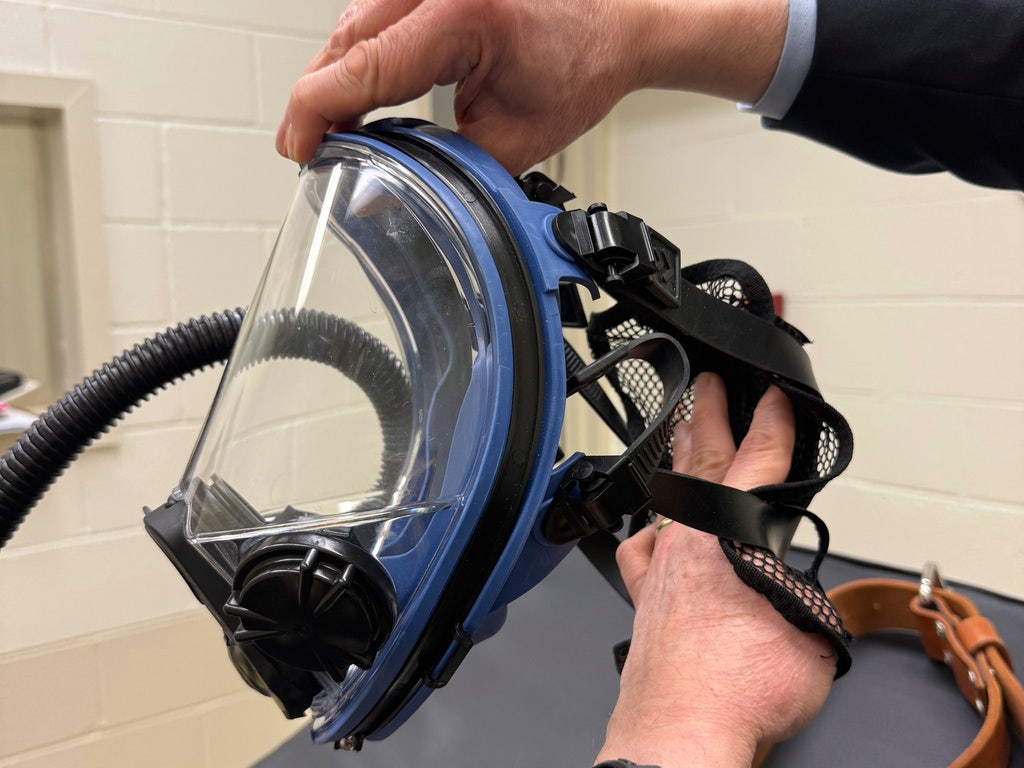Convicted murderer becomes Louisiana’s first nitrogen gas execution

A Louisiana death row inmate was executed on Tuesday using nitrogen gas, a method that had never been used before in the state. Jessie Hoffman, 46, was convicted in 1996 of the kidnapping, rape, and murder of 28-year-old advertising executive, Mary “Molly” Elliott.
Louisiana Attorney General Liz Murrill confirmed the execution, stating, “Louisiana has successfully used nitrogen hypoxia to carry out the execution of Jessie Hoffman.” Hoffman was convicted and sentenced to death for his brutal crimes against Molly Elliott, who was abducted from her home the day before Thanksgiving and shot execution-style in rural St. Tammany Parish.
Governor Jeff Landry and Attorney General Murrill emphasized their commitment to following the law and putting victims and their families first. Hoffman declined to give a final statement before the gas began flowing, and he was pronounced dead at 6:50 p.m. at the Louisiana State Penitentiary. The execution process lasted for 19 minutes, with one witness claiming to have seen Hoffman convulsing during the process.
Prior to the execution, Hoffman’s attorney argued that the use of nitrogen gas was unconstitutional and would violate his religious freedom as a Buddhist. The appeal highlighted concerns about the suffocation-like experience of nitrogen gas and its impact on Hoffman’s breathing and meditation practices. Despite these arguments, the U.S. Supreme Court denied a last-minute request to block the execution.
Louisiana officials defended the use of nitrogen gas as a painless method of execution, stating that it was time to deliver justice to victims’ families after a long hiatus in executions. The court’s decision to proceed with Hoffman’s execution was seen as a step towards bringing closure and justice for Mary “Molly” Elliott.
Hoffman’s execution marked the first in Louisiana since 2010 and the seventh in the U.S. in 2025. He became the fifth person in the country to be executed by nitrogen gas, with previous cases occurring in Alabama. This method of execution is allowed in only four states, including Louisiana, Alabama, Mississippi, and Oklahoma, though it has only been used in Alabama so far.
As the number of executions nationally continues to decline due to legal battles and changing attitudes towards the death penalty, Louisiana officials remain committed to ensuring justice is carried out in death penalty cases. Attorney General Murrill expressed her prayers for Mary “Molly” Elliott’s family and friends, emphasizing the pain of their loss and the importance of upholding justice in such cases.
Overall, Hoffman’s execution with nitrogen gas marked a significant moment in Louisiana’s history of capital punishment, raising questions about the use of alternative methods and the ongoing debate surrounding the death penalty in the United States.




